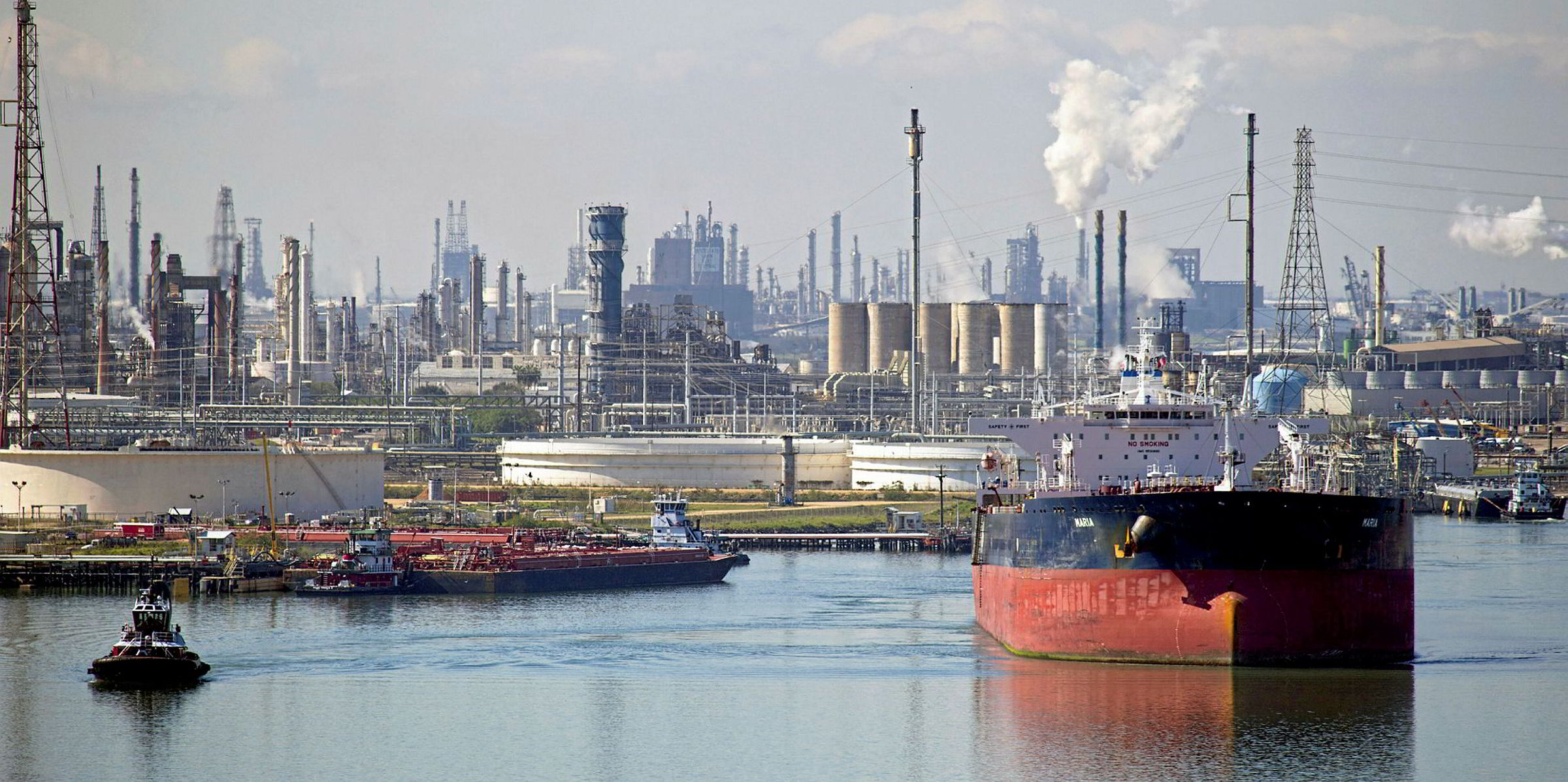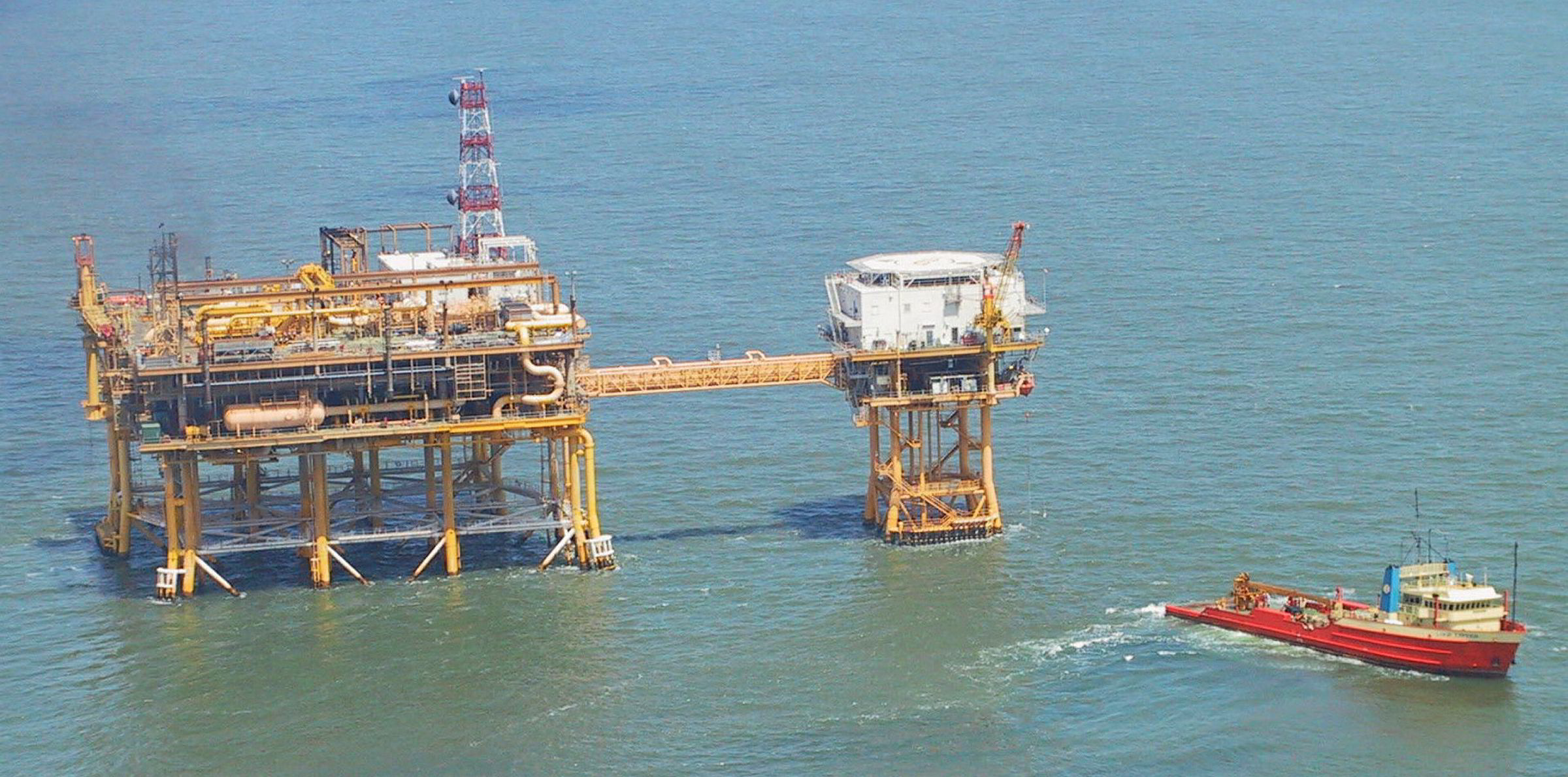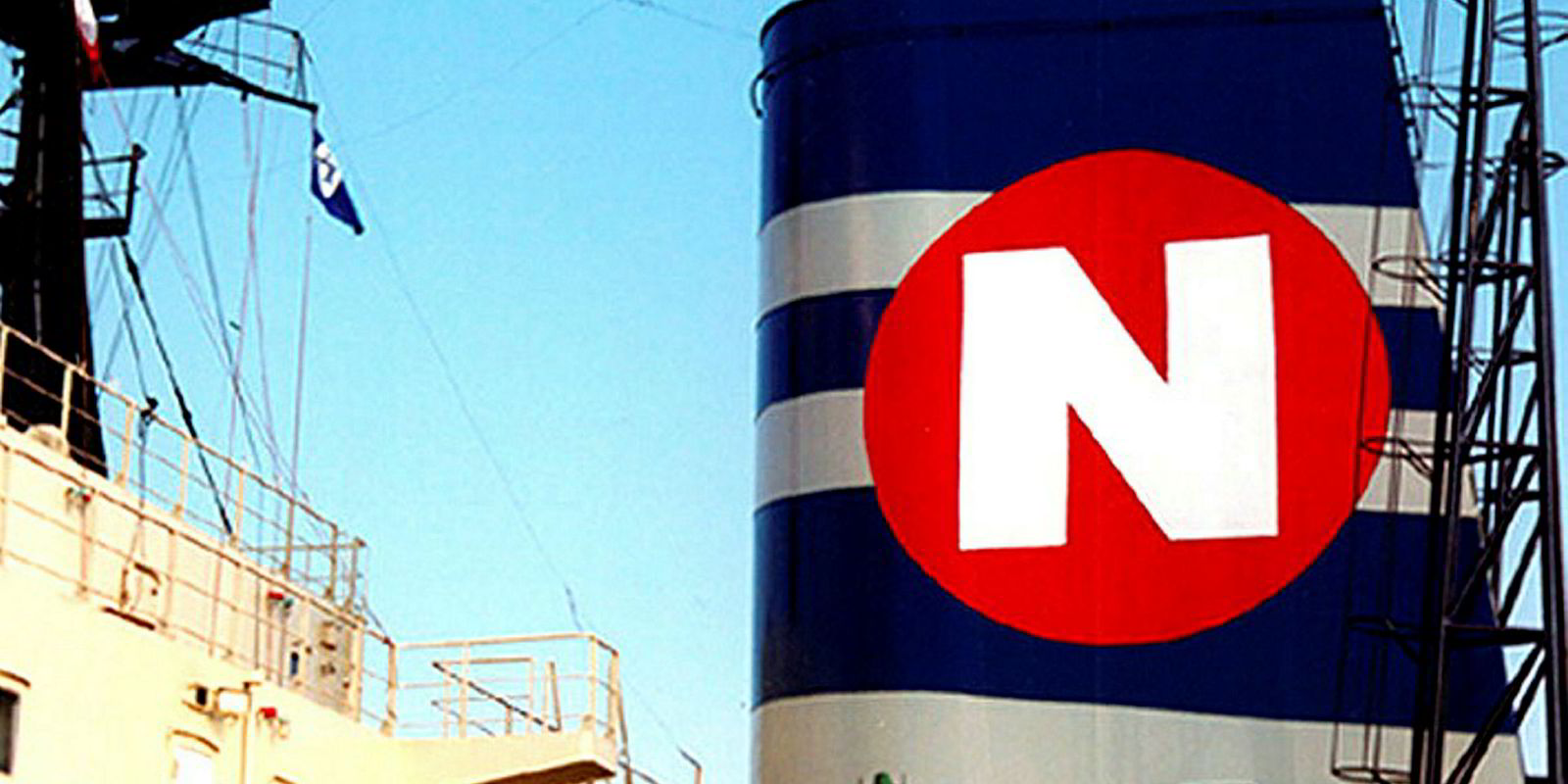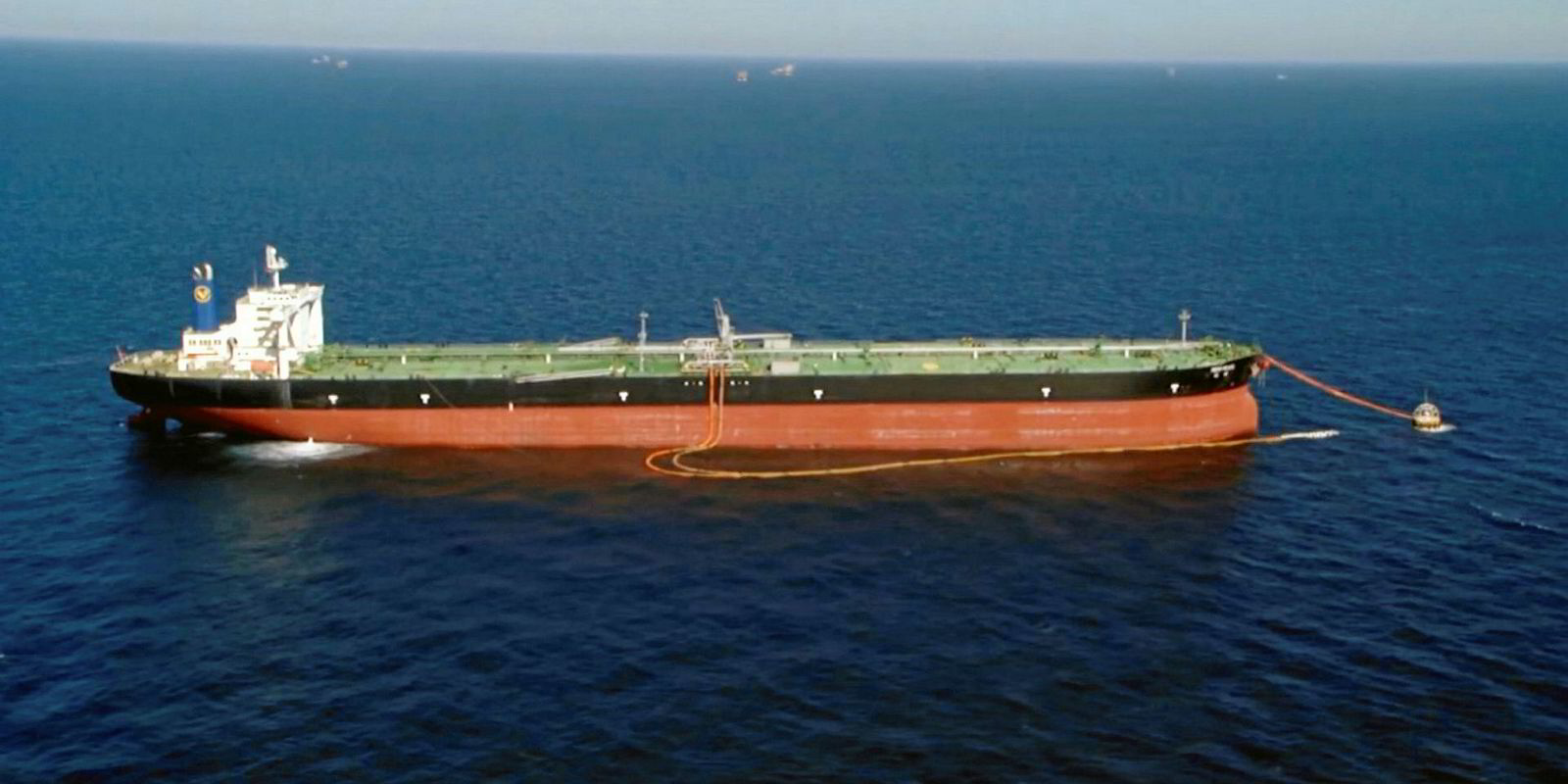The number of VLCC loadings at Louisiana Offshore Oil Port (LOOP) remains limited in spite of rising US crude production exports.
The facility is the only US Gulf terminal that can accept fully laden VLCCs. However, it has recorded only two export shipments on VLCCs this year, both destined for Kochi, southwestern India, according to VesselsValue. Yet this comes at a time when US crude exports continue to flirt with record highs on the back of shale output.
In mid-February, US crude exports breached the 3.6 million barrel per day (bpd) mark for the first time in history, according to the Energy Information Administration (EIA). VesselsValue data suggests a significant pick-up in tanker shipments from Galveston and Corpus Christi in Texas.
Geographical location and export availability have hampered shipments from LOOP, a trend that will probably continue well into this year, according to analysts.
“LOOP is on the eastern point of Louisiana, but most of the [incremental] crude exports are from the Permian Basin in West Texas,” one analyst said. “The connection between those Permian fields to LOOP are not good.”

LOOP, which stores crude in its Clovelly Hub, has said it handles West Texas Intermediate, Light Louisiana Sweet, Eagle Ford, Bakken, Mars and some other grades. However, market sources suggested that its export grades are generally Mars, Poseidon and Thunder Horse, three types of medium-sour crude favoured by domestic refineries due to lower supply from Venezuela and Saudi Arabia.
As Saudi Arabia takes the brunt of Opec’s supply cut, US imports of Saudi crude dropped to 491,000 bpd on a four-week average basis in the week to 22 February, the lowest since May 1987, according to Bloomberg and EIA data.
After Washington imposed sweeping sanctions on state-owned oil and gas company Petroleos de Venezuela SA, the US imported no crude cargoes loaded from mainland Venezuela last month, according to ClipperData.
“Previous expectations had been that the terminal would ramp up exports during 2019,” Alphatanker said. “But considering that it exports medium-sour grades ... these barrels are now more prized by domestic refiners. Thus we now anticipate that exports from the LOOP will disappoint for as long as US sanctions on Venezuela remain in place.”
LOOP — a joint venture between Shell, Valero and Marathon Petroleum — started export operations in February 2018 after modifying its facilities to operate bi-directionally.
VesselsValue data shows 37 VLCC import shipments for the port in the year to 1 March, most of them from the Middle East.
There were 27 export shipments from LOOP in the same period, including six to India, seven to China and eight to South Korea.





